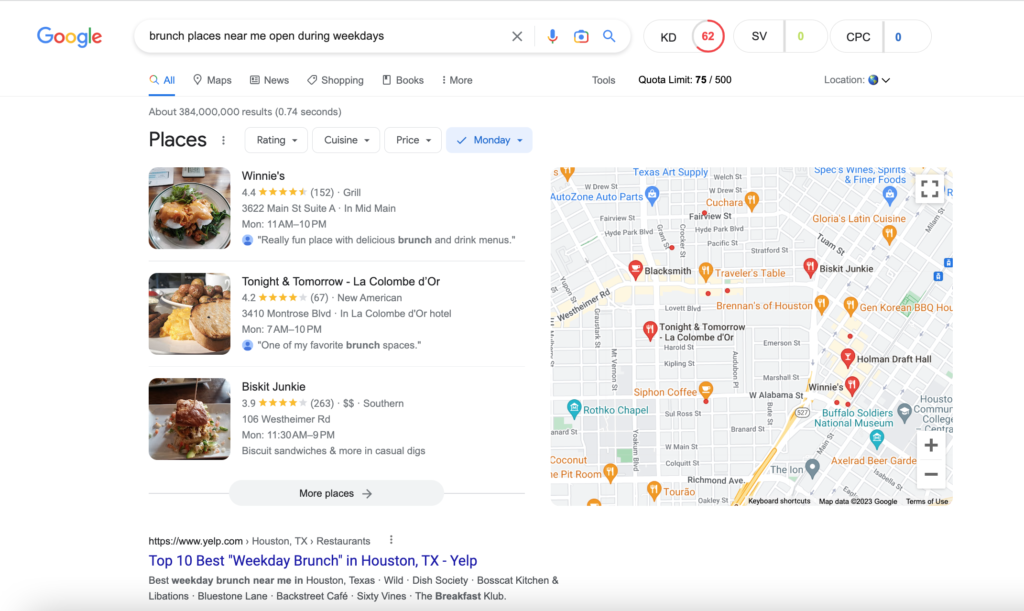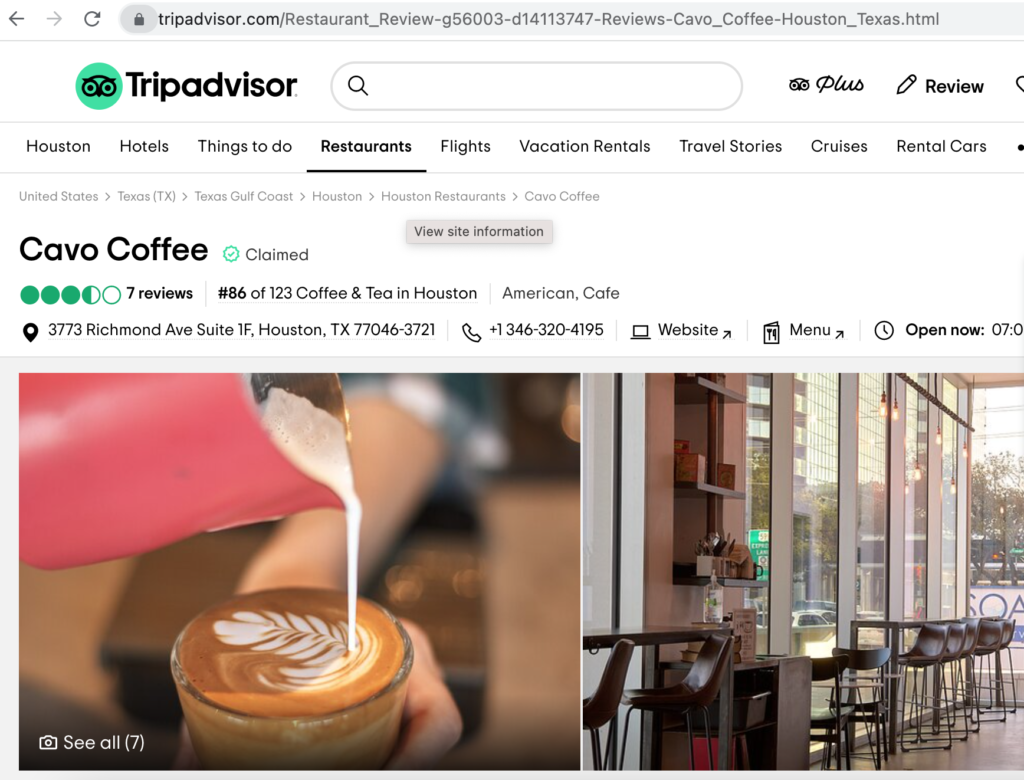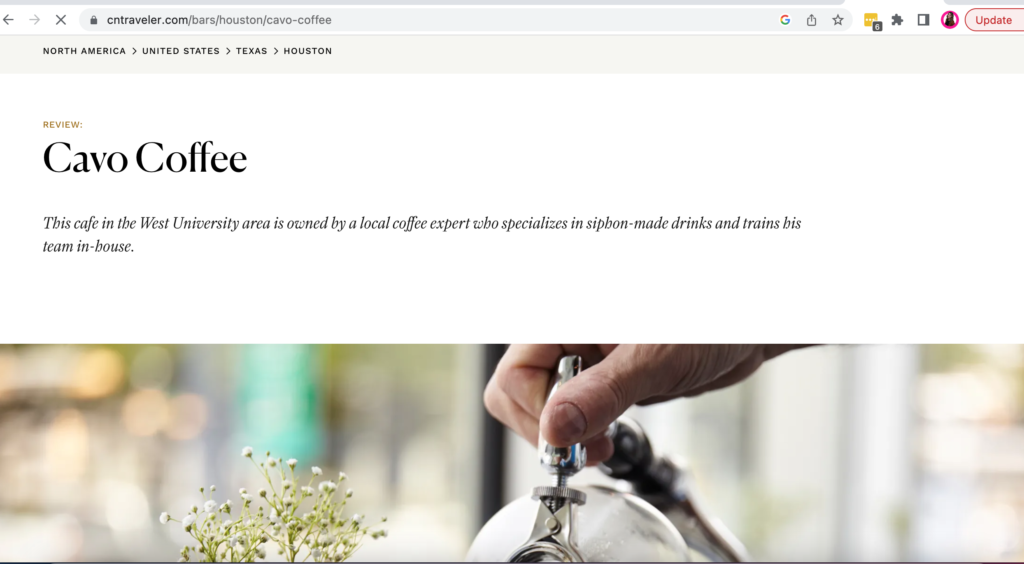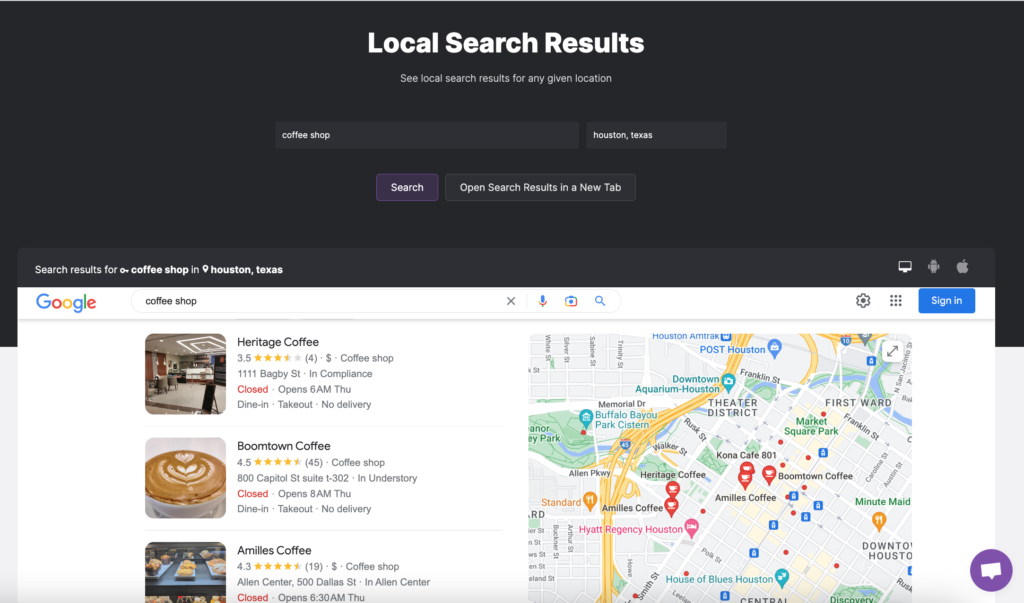What Are Citations in SEO? A Guide to Local Citations
Understanding the importance of citations in local SEO is a crucial step for any business looking to improve its online visibility for local searches. Google uses citations […]
Understanding the importance of citations in local SEO is a crucial step for any business looking to improve its online visibility for local searches. Google uses citations to evaluate the trustworthiness and accuracy of local businesses, so they are important for local businesses and local marketers to understand.
In this article, we will explore citations, types of citations, and how they can help your business’s online performance. Continue reading below to find out more about how to grow the visibility of your local business in local searches and improve appearances in the Google Map Pack.
What are Citations?
Citations refer to the mentions of a business’s name, address, and phone number (NAP) on third-party websites. The presence of a business’s NAP on third-party websites helps to verify the business’s existence and trustworthiness in the eyes of search engine crawlers.
More citations are beneficial for local SEO and can help to increase the online presence of a local business in search engine results. Ultimately, having a greater presence on search engine results pages (SERPs) can help to attract more online traffic and foot traffic to your local business or store.
Citations also help to build trust and credibility for a business, as customers are more likely to trust a business that has been verified by several citation sources.
Additionally, citations help to create backlinks, which are one of the most important ranking factors in Google’s algorithm. Therefore, citations are an important part of any local business’s digital strategy and should be taken into consideration when optimizing a website.
Do Citations Help SEO?
Yes. Citations and accurate business information can be a great way to improve SEO.
But they are one of the multiple ranking factors that impact how search results are determined. In local search specifically, these elements can be categorized by three primary factors: Distance, relevance, and prominence. Here’s a brief breakdown on what those categories mean for optimization.
Distance
Google wants to promote local businesses that are close to the user’s exact location. Because most local searches happen on mobile devices, Google will show results in a Map Pack that makes it easy to either call the business or get driving directions to the address.
Distance is the one thing that businesses can’t really optimize for. Beyond including your brick-and-mortar address on your website, Google is going to determine top results primarily based on the user’s IP address or GPS location.
Relevance
Google’s search algorithm aims to return the best results for any query. Relevance, then, is how well a local Business’s Google Business Profile page relates to the user’s search query.
Improving the keywords on your pages can help with this particular local search factor. If your content is hyper-relevant and valuable to the user’s search, Google is more likely to promote the page for higher rankings.
Prominence
The third primary ranking factor for local businesses is prominence, or how popular or credible a local business is online. Google measures prominence through the primary methods:
- Articles about your local business
- Quality and quantity of Google reviews
- Backlinks, or links to your website from other websites
- Citations, or mentions in business directories and ratings in those directories
Citation building helps search results view your local business as legitimate. This is because Google equates the prominence of local SEO citations with the popularity of your business’s name.
When a website is cited in reliable sources, it increases its trustworthiness, which can, in turn, lead to more in-person or online visits. That’s why it’s important to ensure that citations are accurate and up to date in order to increase your keyword rankings for local searches.
What Are the Different Types of Citations?
Now that you know what citations are in SEO and why they are important, it’s essential to learn the different types of citations that can be implemented to help boost rankings.
Optimizing citations for search engine optimization is a popular strategy for improving a website’s presence. Learn all about the different types of citations below:
Structured Citations
A structured citation typically refers to content that is listed on business directory websites like Yelp and Angie’s List. The basic format includes the business’s name, address, and contact number. You’ll also typically see a small description of the business. Sometimes, you’ll see their hours of operation, social media profiles, and a website link. It all depends on the platform.
A Yelp page is the perfect example of a structured citation. Directories like Google My Business, Apple Maps, and Bing Maps are also considered structured citations as they all cater to the local market and require business information to be included in the citation.
Unstructured Citations
The unstructured citation typically doesn’t follow a specific format but still mentions a local business on another website. It may provide a partial reference to a business’s address or name, and businesses usually don’t have control over this type of content.
One great way to take control and create opportunities for your small business is to reach out to bloggers and journalists within your niche. They may be willing to feature information about your business or include a backlink to your website.
Link Building vs. Citation Building
So how does citation-building differ from link-building campaigns? Link building and citation building are two distinct yet related online marketing strategies that are often used in tandem.
Both processes involve the acquisition of backlinks, which serve to increase a website’s visibility and authority.
Link Building
Link building is the process of acquiring backlinks from external websites. This is done by creating content that is relevant to the target website, such as blog posts, infographics, and videos, and then submitting them to external websites for publication.
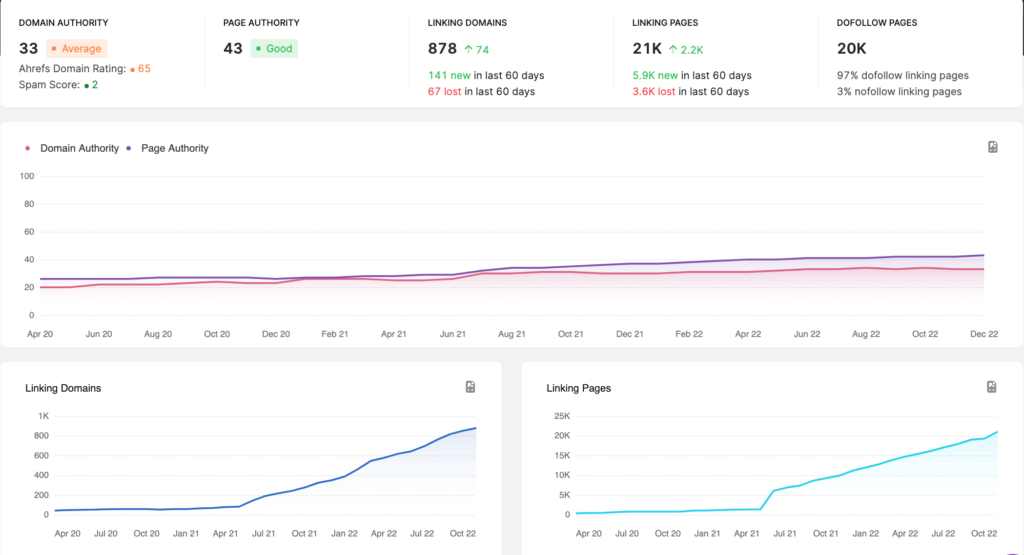
This content serves to increase visibility for the target website, as well as establish its authority in the eyes of search engines. For a link to be considered effective, it should be coming from a website with high domain authority and should be placed within the body of the text.
Citation Building
In comparison, citation building is the process of creating structured citations for a business on authoritative online directories. The citation should include the company’s name, address, and contact information.
Citations serve to increase the visibility of a business, as well as establish its credibility in the eyes of search engines. Crawlers look for consistent and accurate business information, so citation building may also involve updating existing citations with accurate information about the business. Citations should be created on websites that are relevant to the business, as well as those with high Domain Authority.
How to Improve Local Citations
Because citations are seen as a “signal of trust,” and prominence, it’s important to focus on acquiring more of them.
The more mentions a business has, the more likely it is to appear in the top search engine results. Here’s how you can improve your citations:
- Manual submissions (do it yourself): If you want to know what are manual citations in SEO, this refers to entering your business details by hand. You’ll be doing it one by one, which can be a time-consuming process.
- Manual submissions (paying someone else): Citation services and SEO agencies can handle all manual submissions and NAP data on your behalf. This is a game-changer if you want to ensure correct local citations. SEO agencies offer every service you could possibly need to boost your business rank.
- Aggregator submission: This option allows you to work with a service to submit your NAP data to primary data aggregators. It will be fed into hundreds of other sites but may not necessarily be high-quality citations.
How to Optimize Citations for SEO
If you’re looking to improve listings on your own, here are some of our best tips:
- Ensure accurate information on major directories. When optimizing citations, it’s important to make sure that each citation and listing is accurate and up-to-date. Incorrect information can negatively affect your search results. Make sure to check listing sites and relevant directories. To do this, you can do a quick Google search of your business and see the top results. Avoid any duplicate listings to increase the potential for your business to appear higher in the SERPs.
- Provide as much information as you possibly can. Apart from the basic NAP information, you’ll want to include other elements to boost your SEO efforts. You’ll want to include key information, such as operating hours, a logo, and other contact information. Incomplete information can come across as a red flag in the algorithm.
- Focus on the quality of citations rather than the quantity. Search engines value high-quality citations more than a large number of low-quality citations. High-quality citations come from reputable sources and include accurate information. Top-quality citations may also include a link back to the business website, which can also help to improve the website’s rankings.
How to Get Local Citations
Now that you know what are local citations in SEO, you need to ensure that you’re ranking high for your geographic area.
You can use the Local Search Results tool in Search Atlas to see where your local search performance stands. Type in a keyword and your target market and see what Google is showing users in that local area.
And here are some of our best tips for localization:
- Make sure your NAP is consistent across all local directories. Keep in mind that local citation listings are essential to rank for a target keyword.
- Reach out to other local businesses. It’s important that you build a local network and see if other businesses can talk about you on their website. For example, you can reach out to an apartment building and see if they can list your business as one of the nearby attractions.
- Be patient. It can take some time to build up a good online presence. Don’t be discouraged if you aren’t getting the results you want immediately.
Conclusion
In conclusion, citations are an important part of SEO and should be included in any digital advertising strategy. Proper citation management can help businesses increase visibility, improve their online reputation, and eventually boost their website’s rankings in search engine results.
Contact our local SEO experts for help with citation building, link building, and other strategies to ensure the growth of your business.











































































